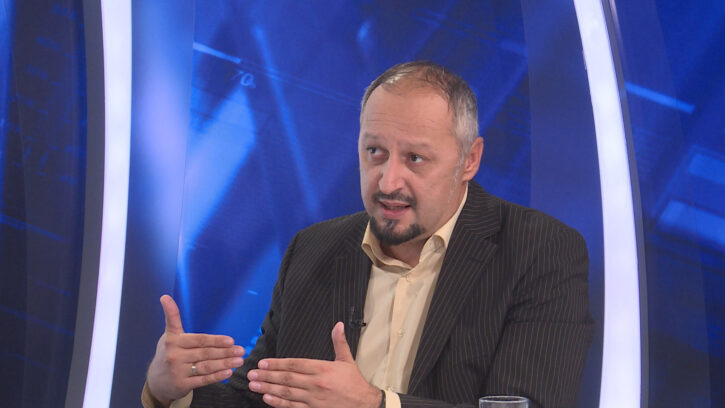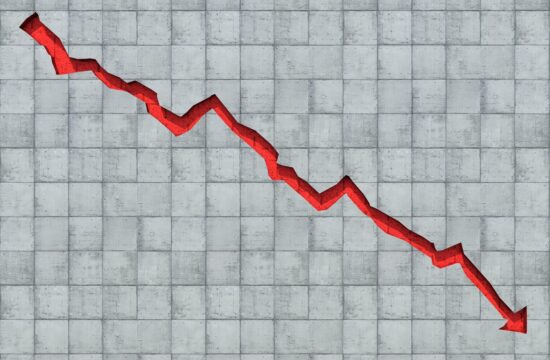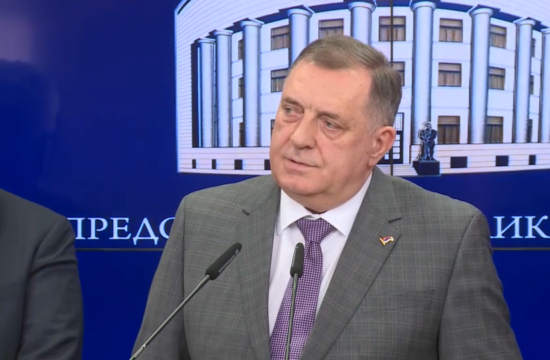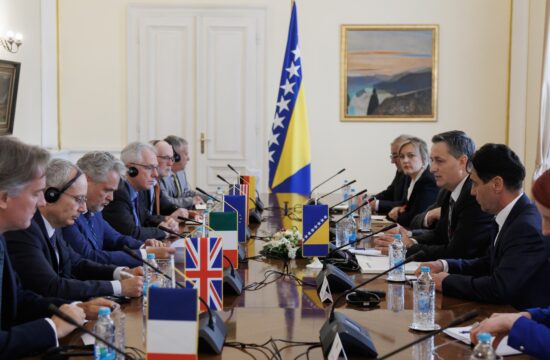
Regional misunderstandings in terms of security lead to major problems and situations in which both peace and stability are threatened, the Dean of the Faculty of Criminal Justice, Criminology and Security Studies, Dr. Jasmin Ahic, said at a Sunday session of the Krug 99 association of intellectuals where the topic ‘Regional aspects of security in Bosnia and Herzegovina’ was discussed.
One of the main takeaways from the session was that an active strategy for security, which includes a strategy of active self-protection for the population in case of a state of emergency, must be built up in Bosnia.
“What we are asking for is an equal place in the family of democratic states in Europe and the world,” the association concluded.
“When it comes to security, it is actually a need, a value, a priority, a goal and a responsibility. Regional misunderstandings in terms of security lead to major problems and situations in which both peace and stability are threatened,” Ahic explained.
Ahic said that, in post-conflict and post-war societies and states and “post-war criminal areas where aggressor forces against the state of Bosnia and Herzegovina have committed unprecedented crimes in modern human history, such as genocide in and around Srebrenica, or a joint criminal enterprise and war crimes of great scope, lasting and stable peace can only be achieved by the doctrine of the balance of power.”
“This balance of power, which is the basic concept upon which the Dayton Peace Agreement established peace and stability, as well as partial security in the regional sense, is in fact a concept that puts certain conflicting parties in a balance of power, be it from the perspective of the population, the military or security,” he said.
There is, however, a disbalance present in the region, he said, arguing that Serbia is trying to dominate and hide its certain interests.
“Serbia wants to remain militarily neutral, at least that is the official policy, but I don't know why and how it has such a military power and what Serbia wants to defend itself from,” he said.
“The second segment that refers to its hybrid activities, a hybrid war, which is happening against Bosnia and Herzegovina, is ongoing and has reached the fourth phase of its activities,” he said.
Ahic said that the recent elections in Serbia show, in relation to the public and open armament of the country from primarily Russian centres of power, that stability and security in the Western Balkans have been significantly disrupted.




